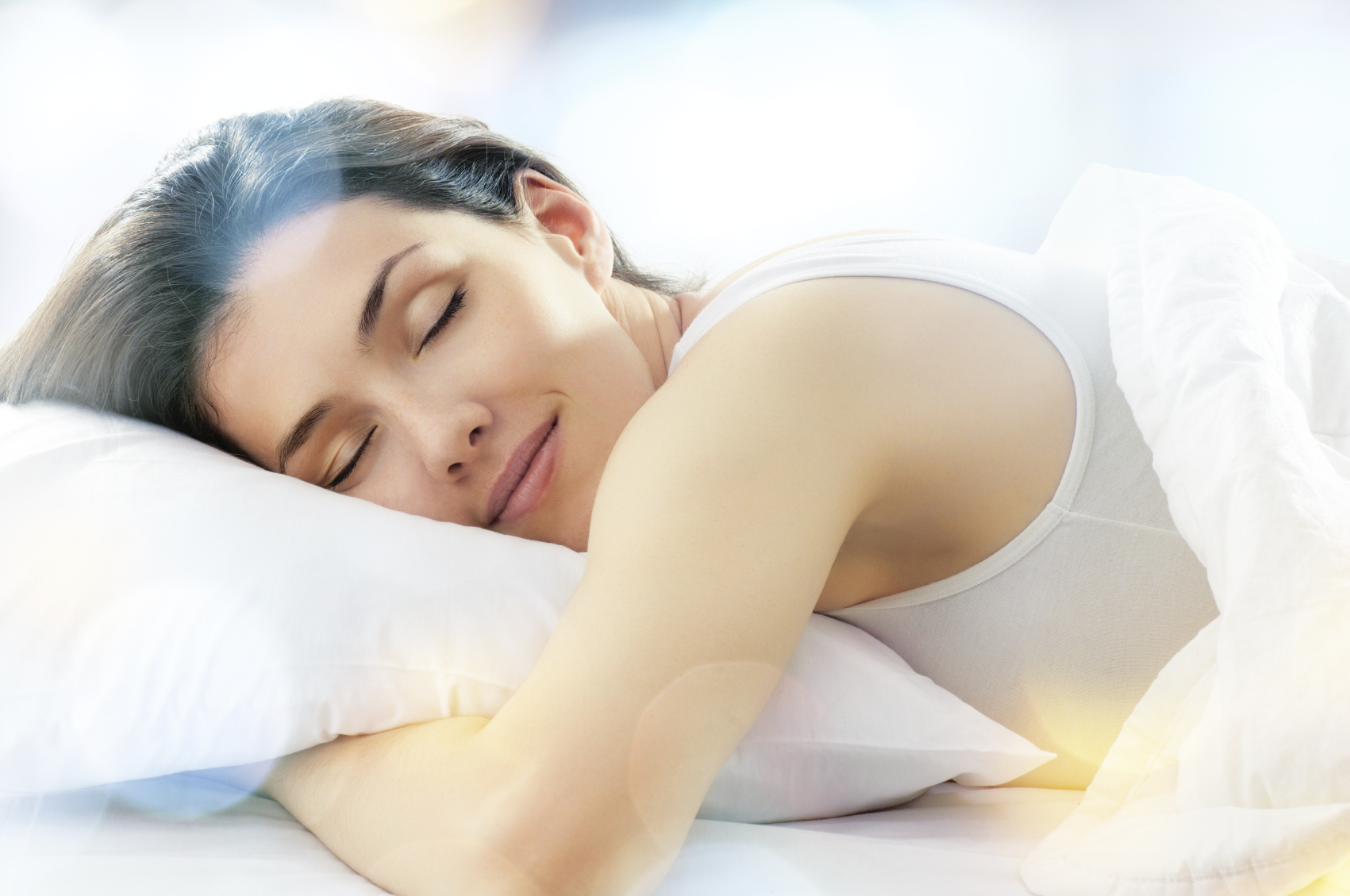
How much sleep do you really need?
Experts generally recommend seven to nine hours a night for healthy adults. Sleep scientists say new guidelines are needed to take into account an abundance of recent research in the field and to reflect that Americans are on average sleeping less than they did in the past.
Several sleep studies have found that seven hours is the optimal amount of sleep—not eight, as was long believed—when it comes to certain cognitive and health markers, although many doctors question that conclusion.
Other recent research has shown that skimping on a full night’s sleep, even by 20 minutes, impairs performance and memory the next day. And getting too much sleep—not just too little of it—is associated with health problems including diabetes, obesity and cardiovascular disease and with higher rates of death, studies show.
“The lowest mortality and morbidity is with seven hours,” said Shawn Youngstedt, a professor in the College of Nursing and Health Innovation at Arizona State University Phoenix. “Eight hours or more has consistently been shown to be hazardous,” says Dr. Youngstedt, who researches the effects of oversleeping.
THE WAY WE SLEEP
– People say they need an average of 7 hours, 13 minutes of sleep to function at their best. They sleep 6 hours, 31 minutes on an average weekday, and 7 hours, 22 minutes on weekends.
– 69% of Americans get less sleep on weekdays than they say they need.
– Sleeping with a partner is preferred by 60% of adults. About 1 in 5 people sleep with a pet.
– Pajamas are worn by 73% of people and 12% sleep with nothing on.
– A third of adults sleep with one pillow, 41% use two and 14% keep four or more pillows.
Source: National Sleep Foundation, 2013 International Bedroom Poll
The Centers for Disease Control and Prevention is helping to fund a panel of medical specialists and researchers to review the scientific literature on sleep and develop new recommendations, probably by 2015.
Daniel F. Kripke, an emeritus professor of psychiatry at the University of California San Diego, tracked over a six-year period data on 1.1 million people who participated in a large cancer study. People who reported they slept 6.5 to 7.4 hours had a lower mortality rate than those with shorter or longer sleep. The study, published in the Archives of General Psychiatry in 2002, controlled for 32 health factors, including medications.
In another study, published in the journal Sleep Medicine in 2011, Dr. Kripke found further evidence that the optimal amount of sleep might be less than the traditional eight hours. The researchers recorded the sleep activity of about 450 elderly women using devices on their wrist for a week. Some 10 years later the researchers found that those who slept fewer than five hours or more than 6.5 hours had a higher mortality.
Other experts caution against studies showing ill effects from too much sleep. Illness may cause someone to sleep or spend more time in bed, these experts say. And studies based on people reporting their own sleep patterns may be inaccurate.
“The problem with these studies is that they give you good information about association but not causation,” said Timothy Morgenthaler, president of the American Academy of Sleep Medicine, which represents sleep doctors and researchers, and a professor of medicine at the Mayo Clinic Center for Sleep Medicine.
Getting the right amount of sleep is important in being alert the next day, and several recent studies have found an association between getting seven hours of sleep and optimal cognitive performance.
A study in the journal Frontiers in Human Neuroscience last year used data from users of the cognitive-training website Lumosity. Researchers looked at the self-reported sleeping habits of about 160,000 users who took spatial-memory and matching tests and about 127,000 users who took an arithmetic test. They found that cognitive performance increased as people got more sleep, reaching a peak at seven hours before starting to decline.
After seven hours, “increasing sleep was not any more beneficial,” said Murali Doraiswamy, a professor of psychiatry at Duke University Medical Center in Durham, N.C., who co-authored the study with scientists from Lumos Labs Inc., which owns Lumosity. He said the study replicated earlier research, including a look at memory loss. “If you think about all the causes of memory loss, sleep is probably one of the most easily modifiable factors,” he said.
Most research has focused on the effects of getting too little sleep, including cognitive and health declines and weight gain. David Dinges, a sleep scientist at the University of Pennsylvania’s Perelman School of Medicine who has studied sleep deprivation, said repeatedly getting just 20 or 30 minutes less than the minimum recommendation of seven hours can slow cognitive speed and increase attention lapses.
Experts say people should be able to figure out their optimal amount of sleep in a trial of three days to a week, ideally while on vacation. Don’t use an alarm clock. Go to sleep when you get tired. Avoid too much caffeine or alcohol. And stay off electronic devices a couple of hours before going to bed. During the trial, track your sleep with a diary or a device that records your actual sleep time. If you feel refreshed and awake during the day, you’ve probably discovered your optimal sleep time.
Submit your review | |